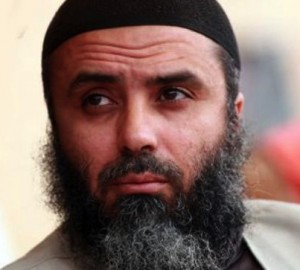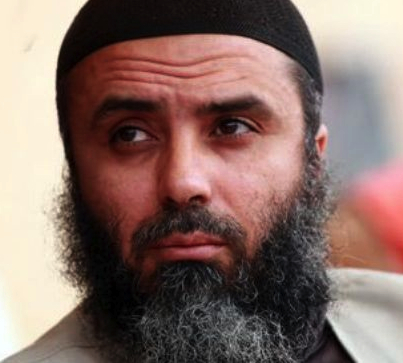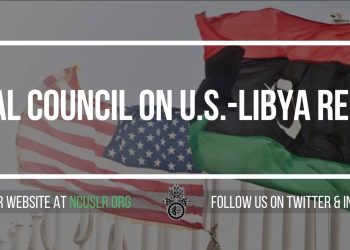By Libya Herald staff.

Tripoli, 30 December 2013:
Confusion still surrounds today’s capture in Misrata of the leader of Tunisia’s Ansar Al-Sharia, with . . .[restrict]Washington denying early reports that US special forces were involved in the operation.
That Saifallah Benhassine, also known as Abu Iyadh, who heads Tunisia’s branch of the militant Islamist group Ansar Al-Sharia, was seized, does not seem in doubt. But the details of his arrest and indeed his current whereabouts remain unclear. Normally reliable sources in Misrata declined to speak to the Libya Herald about what had happened. Tunisian security sources were reported as saying today that that Benhassine was detained along with a number of people who were with him.
Benhassine, who is reputed to have fought as a mujahideen in Afghanistan, had publicly declared his group’s backing for Al-Qaeda. He was accused by the Tunisian authorities of inciting the September 2012 attack on the US embassy in Tunis, in which four people were killed. This was serious and tragic version of the 11 September assault on the US consulate in Benghazi, in which US ambassador Chris Stevens and three colleagues were murdered.
Attempts that month to arrest Benhassine, first at his home and then at a Tunis mosque failed, in the latter case because crowds of supporters charged police lines, apparently giving Benahssine the chance to slip away unnoticed. He is wanted not only for his suspected involvement in the US embassy attack but also in connection with arms smuggling from Libya into Tunisia.
It is unclear how he came to be discovered in Misrata. The assumption that US forces must have been involved in his detention is clearly prompted by the kidnapping of Abu Anas Al-Libi from outside his Tripoli home this October. One diplomatic source said this evening that “on the face of it, there is every reason” to believe that the Americans would be seeking to arrest and bring Benhassine to trial in the United States, in the same way that Libi was being tried in New York for the 1998 East African embassy bombings.
It has been pointed out that the way in which Washington has chosen to phrase its denial may be informative. Pentagon spokesman Rear Adm John F Kirby told US TV channel CNN: “Contrary to media reports, U.S. forces were not involved in any operations involving Ansar Al-Sharia leader Abu Iyadh today in Libya”.
There was some evidence after the Libi abduction, that the Al-Qaeda suspect had in fact been seized by Libyan militiamen and only then handed over to a waiting American special forces team, which spirited him out of the country to a US naval vessel. [/restrict]








